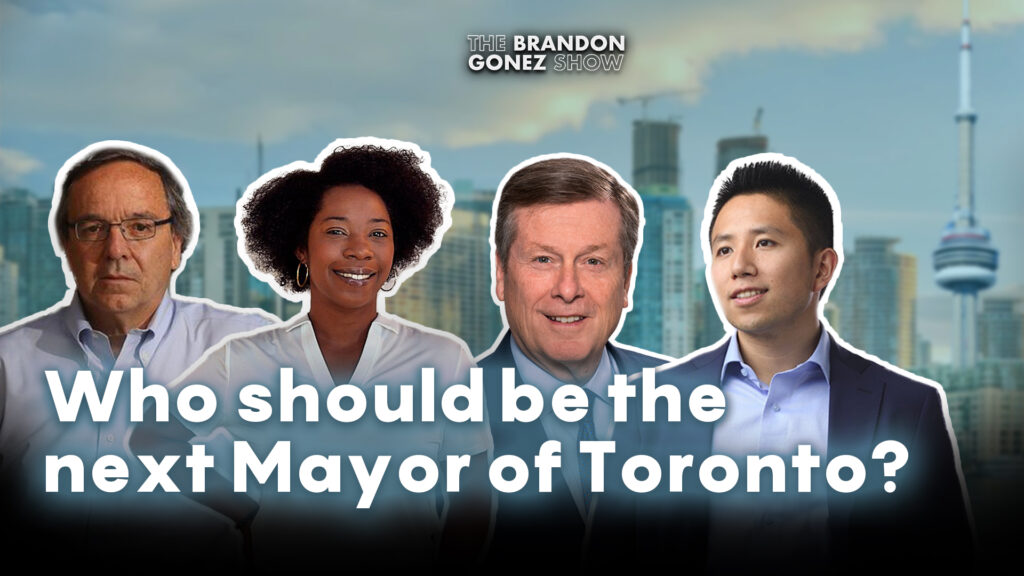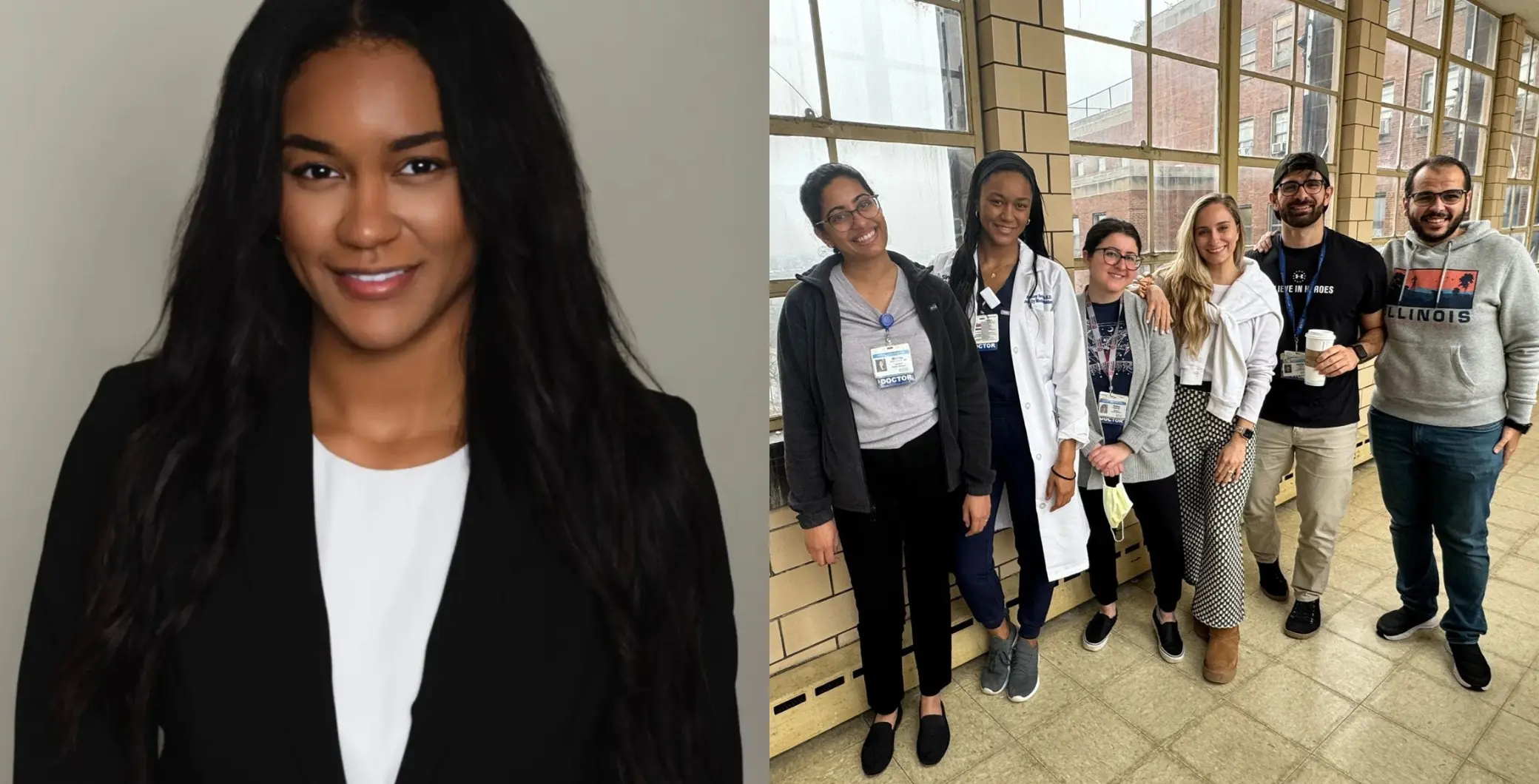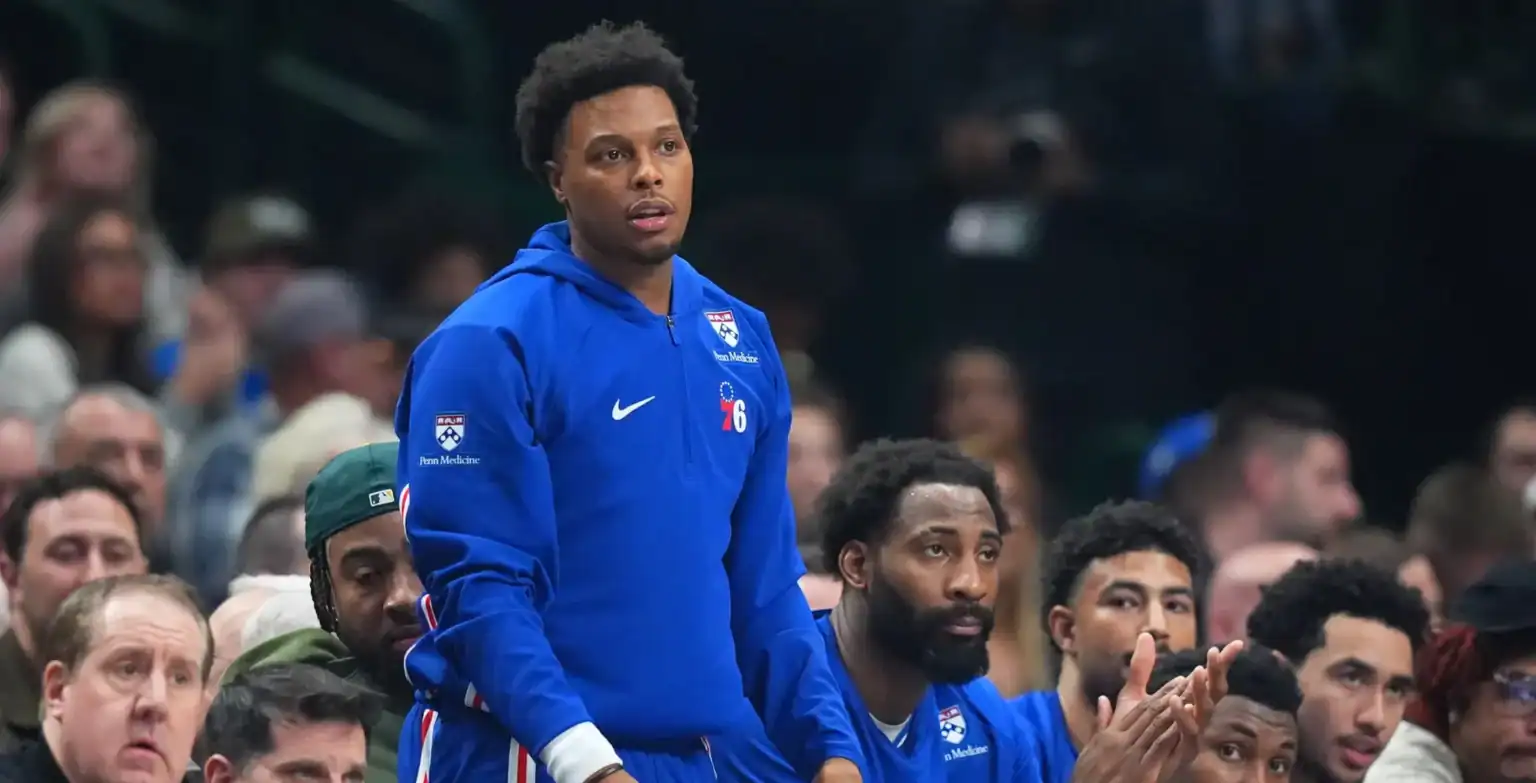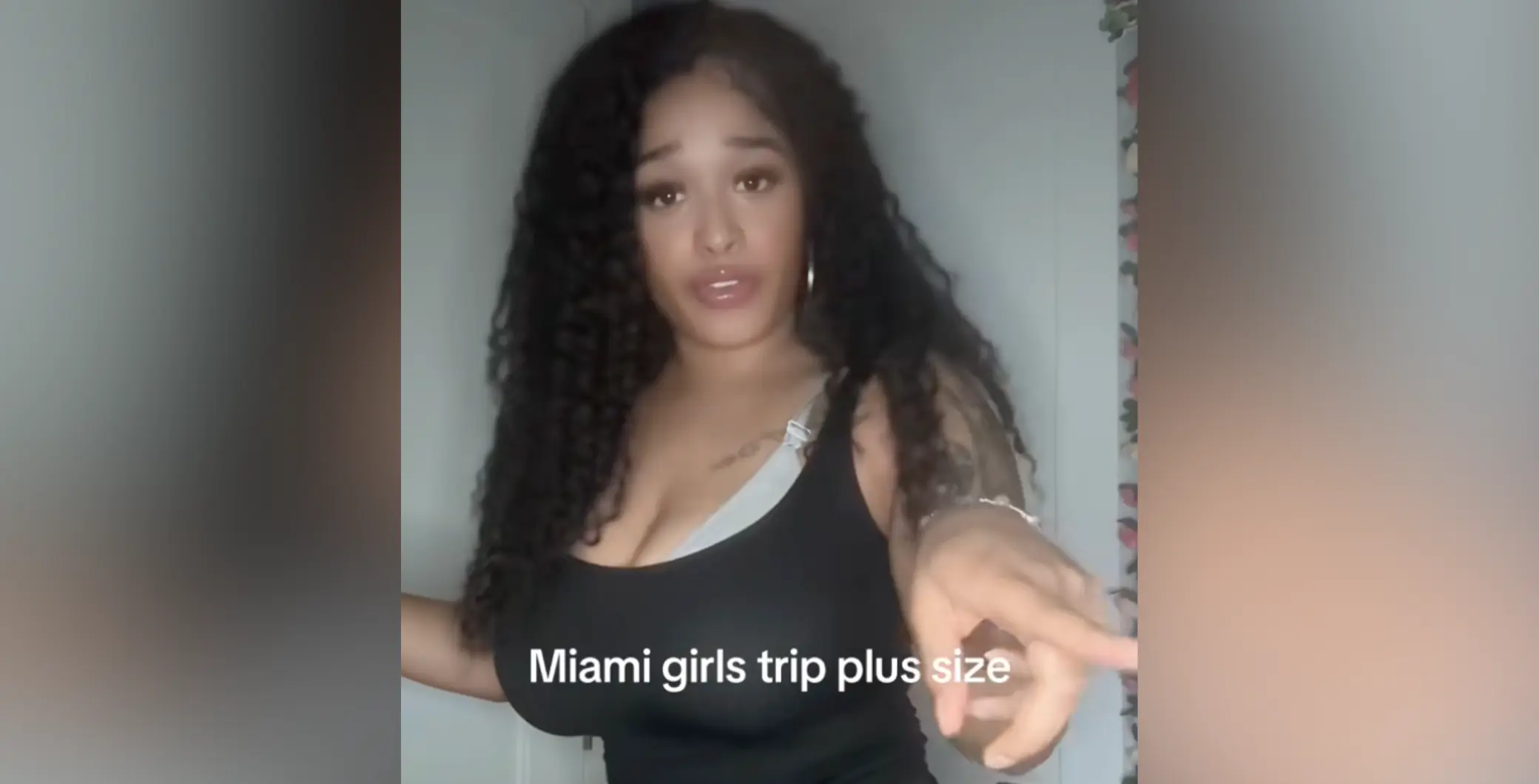TORONTO – People in the city head to the polls to elect our next mayor on Monday, October 24th. We invited the top four candidates with the highest social following to join us on the show to share their platforms. We had the chance to speak with Chloe Brown, Jack Yan, and Gil Penalosa. Incumbent mayor John Tory declined our invitation.
Each candidate had ten minutes to share their plans if elected to office, and BG asked them all the same seven questions. Here’s what they had to say.
Why are You Running for Mayor of Toronto?
“I want to make life better for everybody, I think that’s the reason everyone wants to run” shared Jack Yan.
“I’m running to be mayor because growing up as a kid in Rexdale I was constantly hearing like you just have to go to school, you just have to play sports, you just have to follow this path and you will be successful,” Chloe Brown explained.
“After achieving all of that you’re still not getting the house, you can’t afford to take care of kids, you can’t even take groceries from certain stores because the price is too high. As a young person, I don’t want to continue watching my friends and family forced out of the city because politicians are not taking the right measures to protect the working class,” she continued.
“I’m running to be mayor of Toronto because in the last eight years I think the city is moving in the wrong direction. It’s less affordable, less equitable, less sustainable. I think that I can lead and create a city for everyone,” shared Gil Penalosa.
Toronto Election: Affordable Housing
Affordable housing has become a hot topic in the city as people struggle to afford their rent, and many people who are not currently homeowners worry that they never will be. We asked the candidates what they plan to do to address the lack of affordable housing throughout Toronto.
Chloe Brown wants to focus on rezoning and taxes.
“One of the biggest things that we need to do is rezone how land is used in the city,” said Brown.
“Over four decades the way that luxury has been built in this city is a single-family home,” she continued, adding that the city needs to look into other styles of housing like multiplexes and apartments, as well as incorporating retail into these spaces to build communities within areas like Etobicoke and North York.
“We wouldn’t have to go downtown if all the services weren’t down here,” she explained.
Brown also wants to look at property taxes, including a land value tax and vacancy taxes, and a public rental management system to help control rent prices.
“My policy is creating ‘rent smart’, that looks at public and private rentals from apartments, condos, and rooming houses,” Brown explained, adding that she believes a lot of renters are being abused by “slum lords” due to a lack of regulation.
Gil Penalosa had a three-pronged approach to handling the issue.
“First, I’m going to end exclusionary zoning, ” shared Penalosa, adding that he will allow everyone to subdivide their homes.
“Second, I’m going to allow to densify all of the corridors where we have public transit, according to the width of the roads,” he continued.
“Three, the public land that the city owns is going to be 100% affordable. Two-thirds affordable, one-third deeply affordable,” Penalosa concluded.
He also has plans for renters, a rating system to call out bad living spaces.
“If the building is in good shape we’re going to put a green sticker, if it’s in not-so-good shape yellow, and if it’s bad, red,” Penalosa explained, adding that he hopes this would improve living conditions.
He also said that if he was elected, all buildings that receive public funding would be subjected to rent control. Additionally, Penalosa says he would double the city’s budget dedicated to ending renter evictions and helping people not be evicted.
Meanwhile, Jack Yan was also looking to address the zoning of the city.
“It’s really about deregulation. Meaning that we want to get rid of these zoning bylaws,” Yan explained, continuing on to say this would help people looking to buy a home, as well as renters dealing with sky-rocketing rents in the city.
Toronto Election: Homeless Crisis
According to data from the Canadian Observatory on Homelessness, in 2021 about 18,096 people in Toronto were experiencing homelessness. We asked the candidates how they plan to address this massive issue if elected.
“One of the biggest issues with shelters is that there aren’t enough beds or privacy. One of the models that I’m looking at is the Japanese capsule hotels and how they use pod systems to create more space for single individuals and free up more rooms for families that might be in crisis,” Brown said.
She added that this could allow for the city to provide more support, as well as additional services, to those experiencing homelessness in Toronto.
“In the long-term, we need to provide homes to the homeless. But in the short-term, we have to provide safe shelters and hotels, and also subsidized housing,” Penalosa shared, adding that he has spoken with people experiencing homelessness who say they would rather have access to rent subsidies.
“Right now each of those hotel rooms is costing the city $8000 a month,” Penalosa said, explaining that he believes that money could be better spent subsidizing rent.
“In my solution, it would be building city-run shelters, away from residential areas,” said Jack Yan, adding that he believes it would cost less than what the city is paying to run the hotel shelter system.
Brandon and the candidates discussed everything from transit, to crime, to how they plan to pay for all of their ideas on this episode of News You Can Use.





